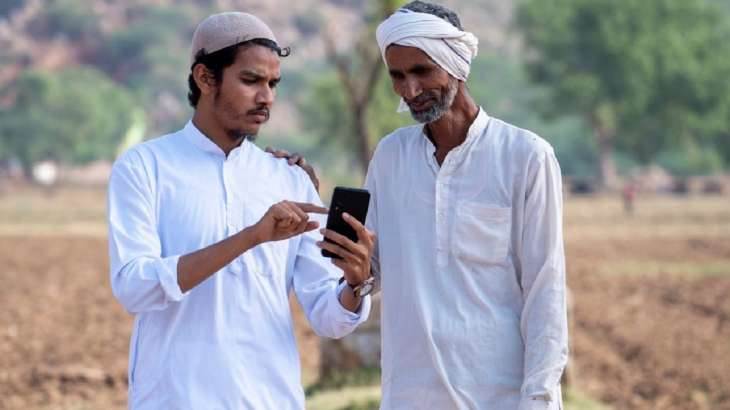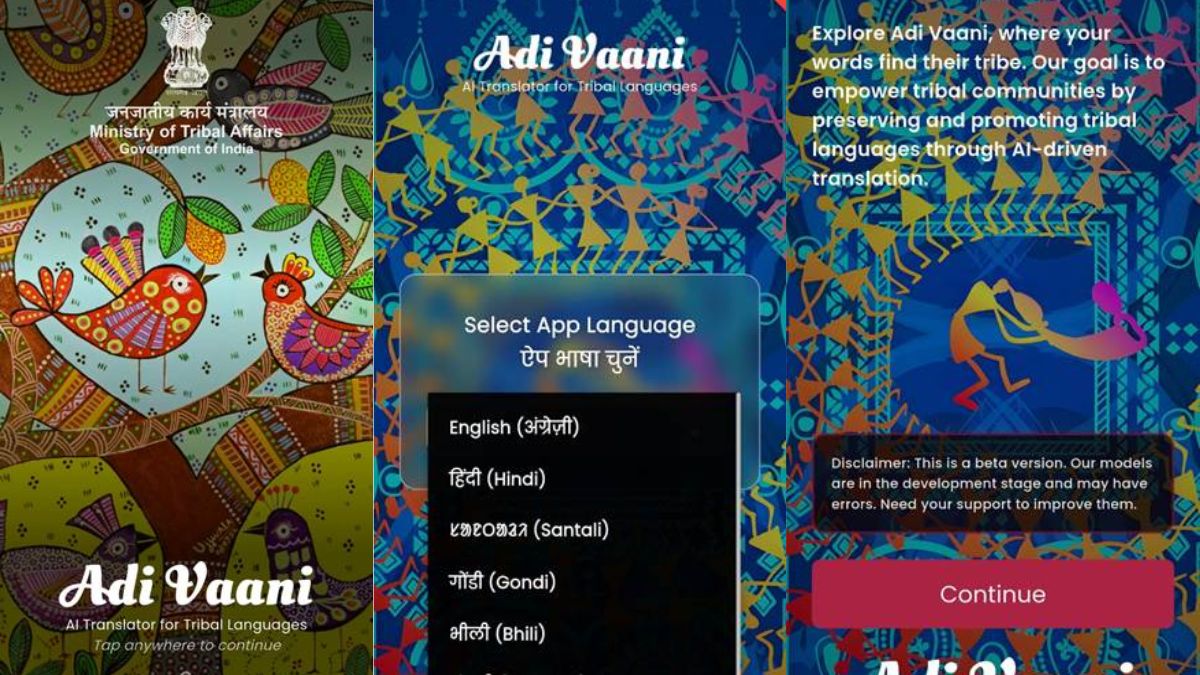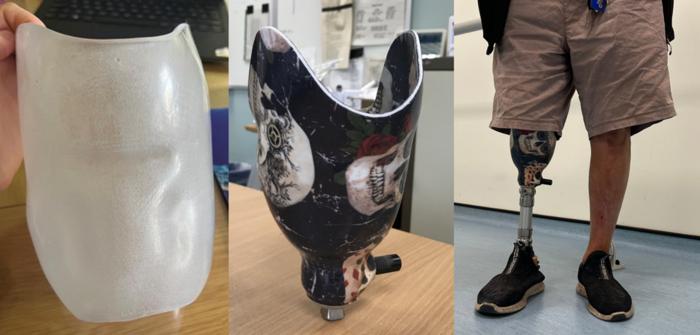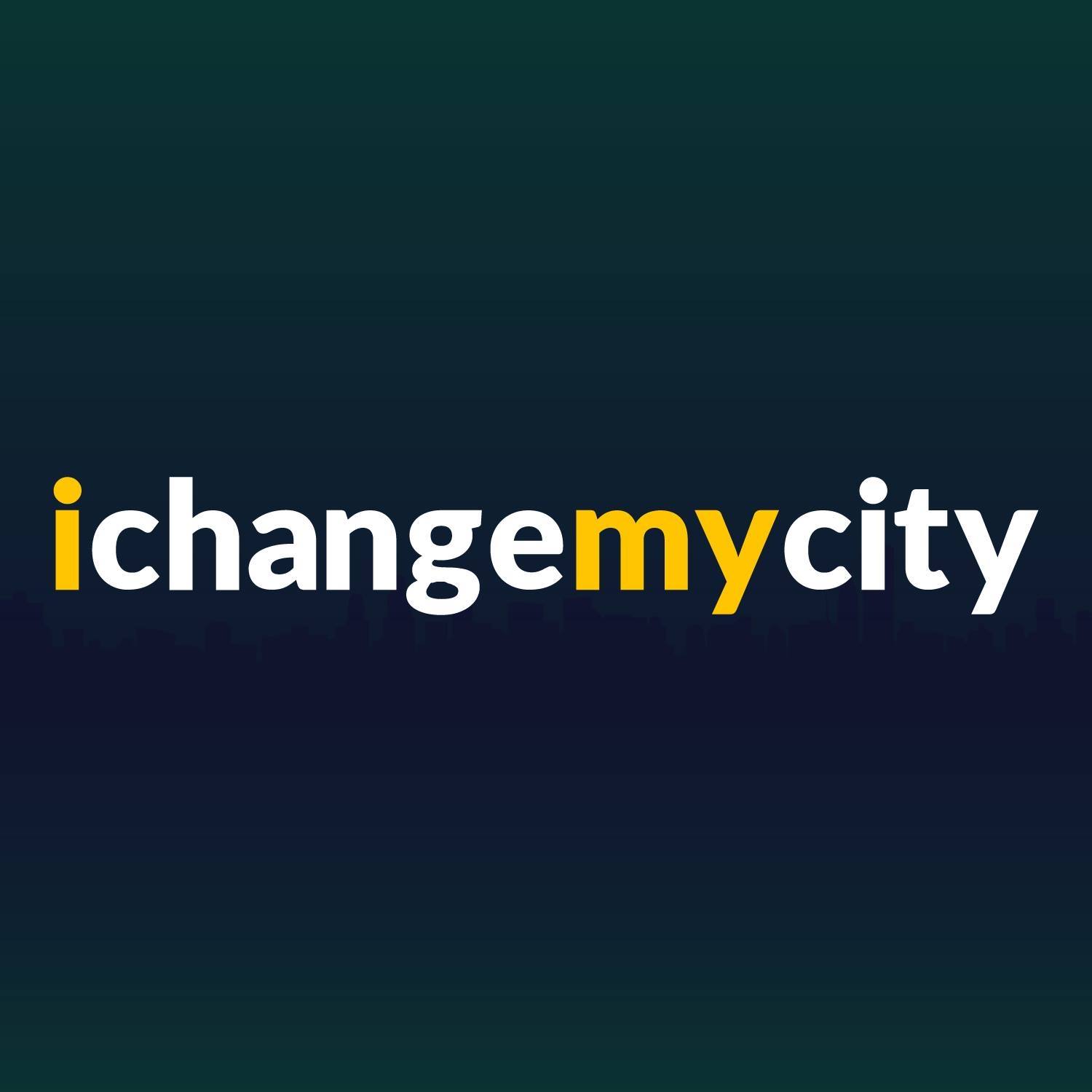Jugalbandi, is a new generative AI-driven chatbot on mobile devices for government assistance. It can understand questions in multiple languages, whether spoken or typed. It retrieves information on relevant programs – usually written in English – and relays it back in local language.
In India, the language of government, business and public life is English, but it is spoken by just 11% of the 1.4 billion population. Some government documents are also in Hindi, spoken by 57% of Indians. That leaves vast numbers of the population unable to access government programs because of language barriers.
While the Jugalbandi chatbot is still new, it could one day offer all Indians easy access to information in local language through a mobile phone, instead of having to head to the local community service center and stand in line just to get basic information.
“We saw this Jugalbandi as a kind of ‘chatbot plus plus’ because it’s like a personalized agent,” said Abhigyan Raman, a project officer at AI4Bharat, an open-source language AI center based at the Indian Institute of Technology Madras in Chennai that is a collaborator on the chatbot.
“It understands your exact problem in your language and then tries to deliver the right information reliably and cheaply, even if that exists in some other language in a database somewhere.”
The name Jugalbandi refers to a duet between two musicians in Indian classical music where they riff off each other to create something new together. The Jugalbandi AI assistant is powered by language models from AI4Bharat, a government-backed initiative, and reasoning models from Microsoft Azure OpenAI Service. It is accessed through the mobile messaging system WhatsApp, which is widely used in India, and the duet in this case is the conversation between the user and the chatbot.
It is part of the fast-growing field of generative AI tools that can synthesize vast troves of data to generate text, images and more. In this case, the AI chatbot has fine-tuned these models using data from Indian government databases that are being uploaded one by one. Using Azure OpenAI Service also helps ensure data security and includes features such as responsible AI protections that allow entities to filter inappropriate content.
Since Jugalbandi was introduced to villagers in Biwan in early April, it has expanded to cover 10 of India’s 22 official languages and 171 of a total of approximately 20,000 government programs, said Smita Gupta, a lawyer who works for OpenNyAI, a collaborative whose mission is to bring greater access to law and justice through AI. It is one of several groups working on the chatbot.
With help from AI, villagers gain easier access to govt services
Building a chatbot used to be a complex task, requiring a flow chart. “Whereas now, with a bit of language tech, the government can just upload documents and it works,” said Kumar. “This democratizes not just who consumes this but also who produces it.”
Source: Microsoft stories







